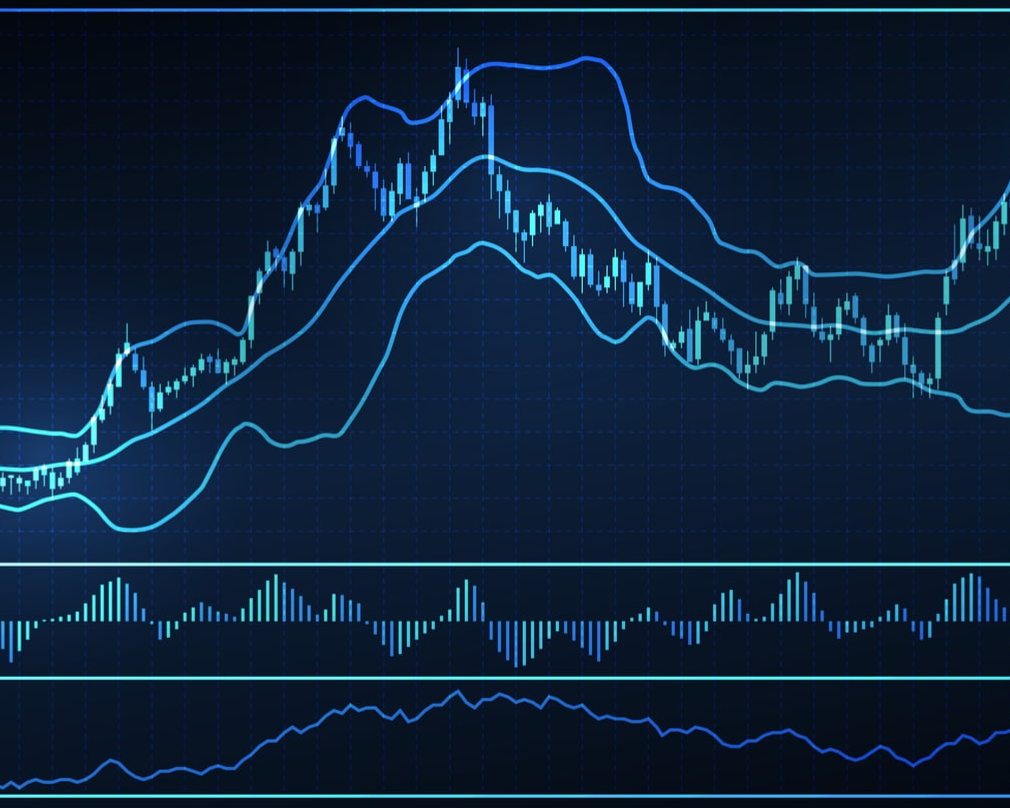
Forex trading strategies vary in time and effort required, analysis and tools they are based on and, most importantly, market situation they suit. Getting familiar with several strategies may prove beneficial for your trading.
Below you will find a brief description of several commonly used trading strategies. Note, however, that you do not have to follow them to the letter. Whichever strategy you choose, feel free to modify it whenever market situation dictates. Before applying a strategy to your real trading, you can test it risk free on a demo account.
Position Trading
Position trading is a polar opposite of scalping: it is a long term strategy where trades can be open for days, weeks or even months. The main objective is to gain substantial profit by participating in a major trend. It requires a proper understanding of fundamentals and a deposit sufficient to sustain minor adverse price fluctuations.
When applying this strategy keep in mind that positions held for more than one day are subject to swaps or rollover fees. In MT4, swap is applied to all orders opened from 23.59 to 00.01 (server time). Forex calculator available on our website provides swap charges for both long and short positions.
In cTrader, however, fee is applied when you keep an order open from Friday to Monday. Weekly rollover rates can be found here.
Hedging
Hedging is a strategy that is often employed to reduce the risk exposure in case of adverse price fluctuations. A hedge trade is opened in opposite direction to a primary position; required margin in this case is divided among the two orders.
However, even when the trades are hedged you still may be at a risk of suffering significant losses. Since buy orders are closed at bid price and sell orders are closed at ask price, spreads widening can increase the loss for both long and short position.
News Trading
Hundreds of economic news are released around the world every day. While some of these news events have little to no impact on the market, others are followed by sharp moves and increased volatility. News traders seek to predict how the market is going to react to a particular event.
Economic calendar is the major tool a news trader employs to track the upcoming releases and predict how can they affect the market. All events scheduled for the current or the following week can be filtered by impact, country, category and time. Since currencies are always traded in pairs, news from both countries involved should be taken into consideration.
In the Economic Calendar you will also find a forecast provided by a financial news agency that conducted a survey among a number of economists regarding their opinion on a particular event. The more actual release data differ from the forecast, the sharper move you can expect.
Scalping
Scalping is a trading strategy that allows you to benefit from minor price fluctuations that occur throughout trading day. Scalpers aim to gain several pips per each trade rather than receive large profit on one position.
Scalping is often considered one of the most profitable strategies since smaller market moves are usually easier to obtain and are more frequent than larger ones. Moreover, it can lessen the risk exposure as the trades are relatively short term. However, it is still recommended to combine it with various risk management techniques and factor in the volatility increase that may occur during major news releases.
